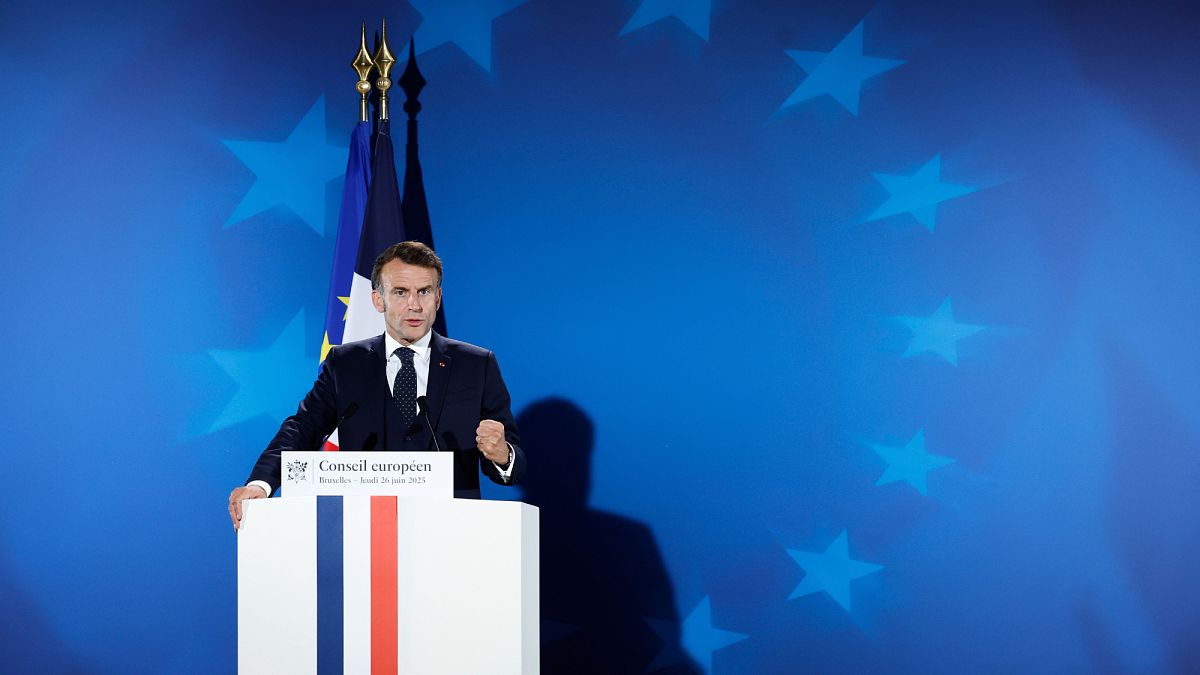

In a significant diplomatic development, French President Emmanuel Macron and Russian President Vladimir Putin recently reconnected through a substantial phone conversation. This marks their first direct dialogue since September 2022. These discussions come at a crucial time, as the region continues to grapple with ongoing conflicts and challenges, particularly surrounding Ukraine and the implications on European stability.
President Macron has been an active figure in diplomatic efforts aiming to resolve the conflict involving Ukraine. His recent interaction with President Putin is seen as a positive step towards reviving dialogue that had largely stalled since the onset of the Ukraine crisis. Historically, Macron and Putin held regular conversations to address the escalating tensions, with Macron even visiting Moscow in February 2022 to promote peace initiatives. However, dialogues eventually halted, leading to a prolonged period of silence between the two leaders.
The conversation between Macron and Putin reportedly covered various pressing issues, including the enduring conflict in Ukraine. President Macron urged his Russian counterpart to consider a ceasefire, advocating for a peaceful resolution through dialogue and negotiation. This appeal aligns with France’s broader diplomatic strategy of prioritizing communication and consensus-building to address international conflicts. Macron’s approach underscores the importance of diplomatic channels in easing tensions and fostering stability in the region.
In addition to Ukrainian affairs, the leaders also touched upon the crisis surrounding Iran’s nuclear program. It was mutually agreed that the resolution of this particular issue should rely solely on diplomatic means, signaling a shared commitment to dialogue over confrontation. Such an agreement reflects a common understanding of the complex geopolitical dynamics that require careful negotiation and constructive engagement.
These discussions coincide with ongoing debates in Brussels regarding Ukraine’s potential accession to the European Union. Despite some entrenched resistance, recently highlighted by Hungarian Prime Minister Viktor Orbán, European officials have expressed that there are “no objective reasons” to prevent Ukraine from advancing in its EU membership bid. The situation carries significant weight for the continent’s political landscape, reflecting the intricate balance of promoting integration while respecting the diverse perspectives of member states.
In Brussels, diplomats are exploring the possibility of separating Ukraine’s accession process from that of Moldova, potentially streamlining Ukraine’s path into the EU. These efforts demonstrate the EU’s commitment to expanding its union, offering countries like Ukraine a clearer trajectory toward membership amid prevailing geopolitical challenges.
As the diplomatic tableau evolves, the recent communications between Macron and Putin hold promise for renewed efforts towards peace and stability in Eastern Europe. By reopening channels of dialogue, both leaders are taking steps that could pave the way for easing tensions and fostering cooperation in the region. Such endeavors emphasize the enduring significance of diplomacy and negotiation in resolving international disputes and promoting global harmony.
Source: {link}
